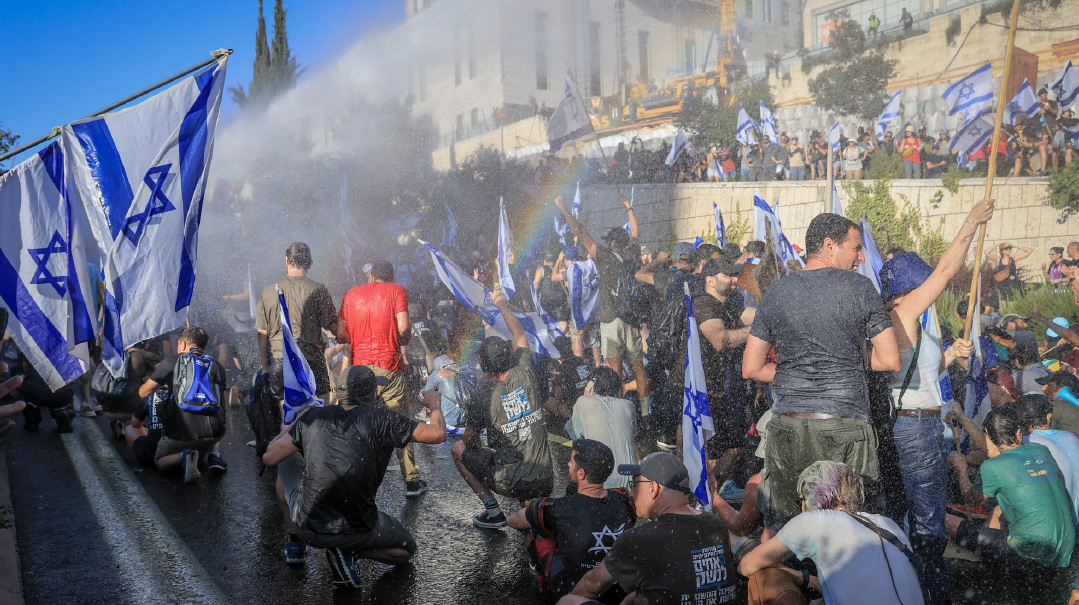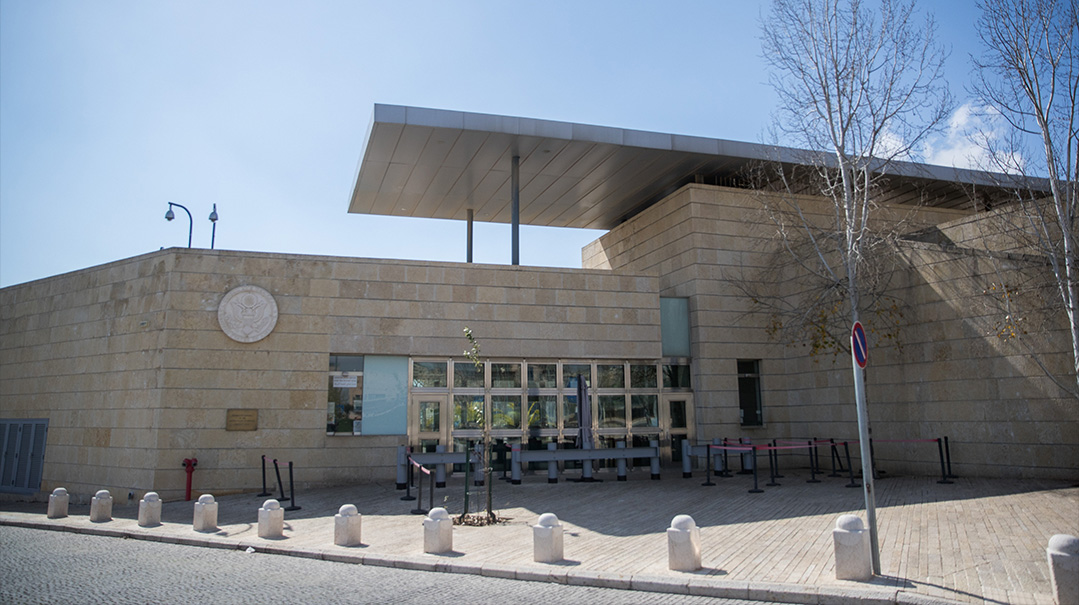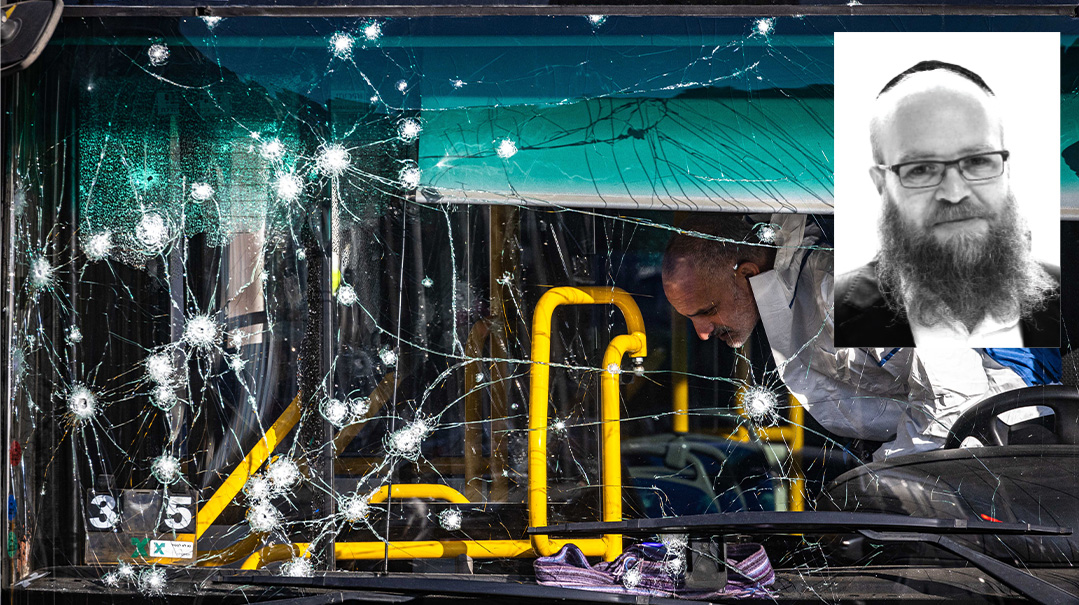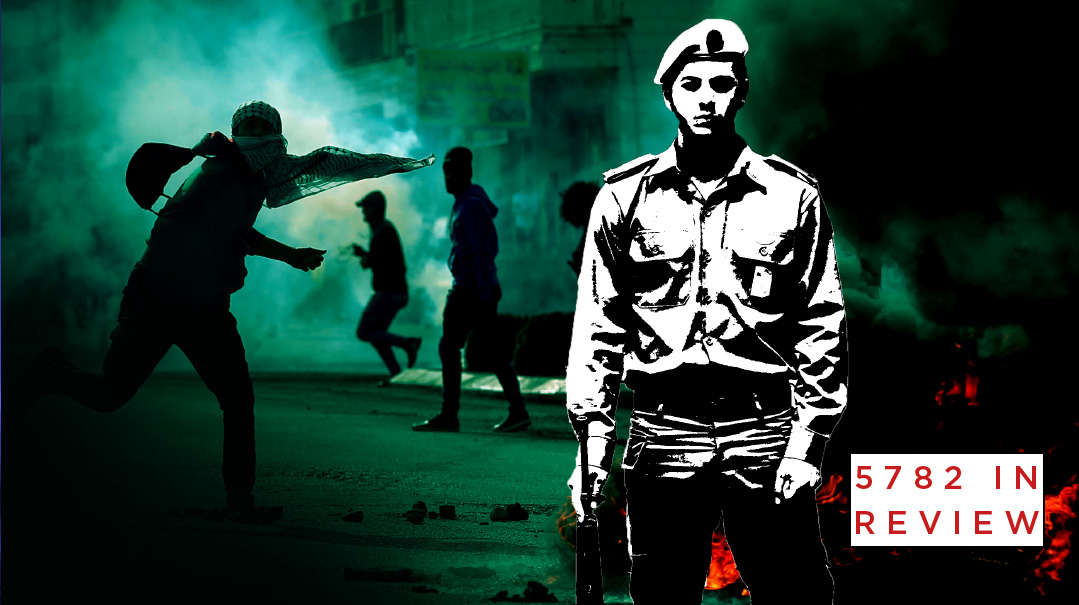The Battle over Shabbos

The issue of Shabbos observance in Israeli cities is growing more tense as secular Israelis demand new rights
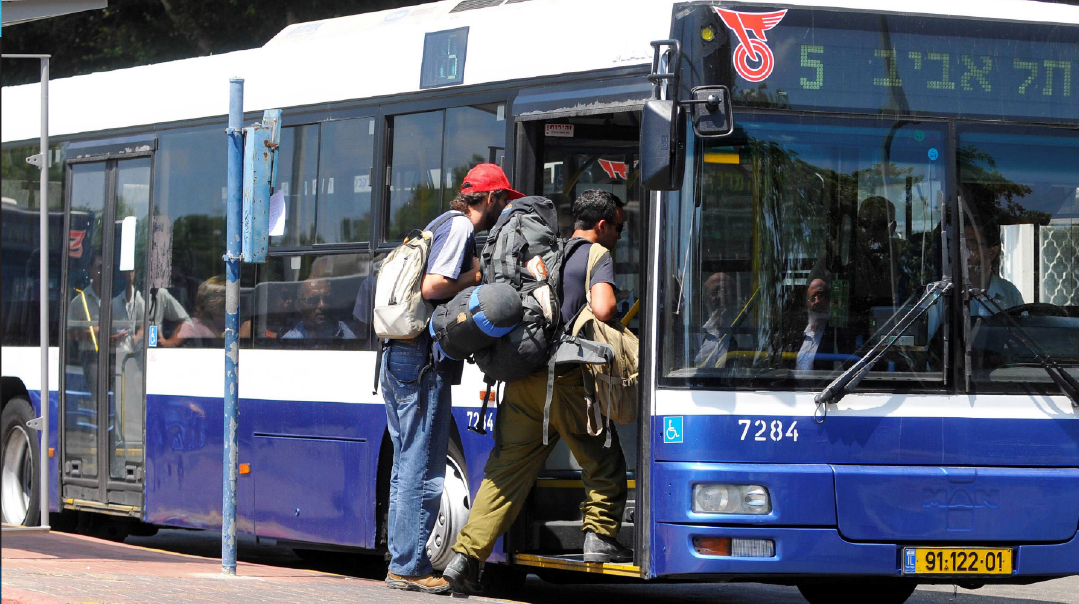
Ramat Gan, nestled between Tel Aviv to the west and Bnei Brak to the east, is known as a dati-leumi stronghold. An extension of the Tel Aviv sprawl, the municipality is home to the country’s busy diamond district.
But in early July, the city joined a number of other municipalities in Israel in an ongoing culture war: The Ramat Gan city council voted by 15–6 to allow public transportation on Shabbos. A new bus line will take residents to the Tel Aviv beach just four miles away.
Chareidi parties condemned the measure and a small group of the city’s residents immediately turned to Israel’s High Court (Bagatz) with a petition charging that operating public transportation on Shabbos is illegal. They asked for an interim order to ban public transportation on Shabbos until the case could be settled in the courts. In an unusual development, a member of the Moetzes Gedolei HaTorah, Rav Yitzchak Zilberstein, joined the petition, as did Rav Yaakov Ariel, who served as rav of Ramat Gan for many years.
In turn, the High Court ruled that the case must be heard by a district court, which later declined to issue a temporary injunction. A final ruling on the case is expected this week. Ramat Gan now joins Teveria, Petach Tikvah, Modiin, Herzliya, and Tel Aviv as cities operating public transportation on Shabbos.
“These sights are a torment to the heart of every believing Jew who is forced to see the dignity of Shabbos Hamalkah being trampled in the public thoroughfares, and the day of rest becoming an ordinary day,” said Interior Minister Aryeh Deri in an interview with Mishpacha. Deri said he has turned to his colleagues in Agudas Yisrael and Degel HaTorah to formulate a common position on how to deal with the new circumstances.
The issue of Shabbos observance in Israeli cities is growing more tense as secular Israelis demand new rights. For decades, public commerce was shuttered on Shabbos, but in a landmark case, the Supreme Court ruled in August 2017 that the Tel Aviv municipality could allow supermarkets to remain open on the Holy Day. A few months later, in January 2018, the Knesset passed a law by a one-vote margin that prohibited such activity, but did not work retroactively. At the time, Deri attempted to override the Supreme Court on its Tel Aviv decision, claiming he had the right as interior minister. But in her final ruling from the bench, then president of the Supreme Court Miriam Naor rejected Deri’s move.
Another instance in which Deri clashed with the High Court came in summer 2018 when the court considered petitions by the municipalities of Holon, Rishon L’Tzion, Givatayim, Modiin, and Herzliya to keep supermarkets open on Shabbos. At the time, president of the Supreme Court Esther Hayut recommended that Deri hold a fresh hearing for the municipality of Herzliya. There were some who saw this as an unsubtle hint of the Court’s opinions.
Of late, Teveria has become the city most associated with the battle over Shabbos observance. Mayor Ron Kobi has encouraged business to stay open on Shabbos, allows buses to run, and has kept tourist facilities operating. After an atzeres tefillah held at the tomb of Rav Chaim Abulafia ztz”l (which the mayor called a “pulsa d’nura– style event”) Kobi called on thousands of secular Israelis to come to the city to support businesses that remain open on Shabbos.
The problem in Teveria is not just the chillul Shabbos that the mayor is encouraging. His media statements are wildly intemperate, and public discourse in the city has become hostile. Teveria city council member David Ohana, who has loyally represented the chareidi community in the city for 15 years, was recently almost victim to a violent assault. The mayor regularly incites against the chareidi community in the city, blaming them for Teveria’s poor economic state, even though the city’s rehabilitation program has been in place for 30 years.
Deri recently tried to remove Kobi from office by invoking a little-used Israeli law. If a mayor fails five times to pass a city budget, the interior minister can replace him. Because of the opposition of chareidi parties to the mayor, he has failed to pass a budget for nine months. Deri even granted Kobi a two-week extension to pass the budget, in order to preempt Kobi’s claim that the interior minister was biased against him.
None of this helped. Last week the High Court accepted almost all of Kobi’s claims, ruling that the mayor will remain in office until September 30. Further, the court instructed the interior ministry to appoint a professional committee that will replace the city council to facilitate the passing of a city budget. In response to the High Court’s ruling, Deri extended the deadline for passing the city budget by a full month, allowing the city council members to retain their seats for the moment.
And what about the chillulei Shabbos? The matter has been submitted to the gedolei haTorah, to decide whether the chareidi parties need to bolt the municipal coalitions in the various cities or remain in their positions.
There are a number of cities in Israel where commerce or transportation on Shabbos is taking place
Tel Aviv
Work on the Yehudit Bridge, a pedestrian walkway being constructed over the Ayalon Freeway, continues on Shabbos despite a protest movement and fervent tefillos in shuls across the city.
Petach Tikvah
Initially, Likud mayor Rami Greenberg allowed a public swimming pool to remain open on Shabbos during the summer months. But then he extended that to winter Shabbosim, as well.
Herzliya
For several years, buses to the beach have been operating on Shabbos throughout the summer.
Ashdod
The municipal authorities allowed a concessionaire to operate a kiosk on the beach on Shabbos, and a few weeks ago, a municipal museum opened an exhibition on the rest day. Likewise, the Ashdod regional committee last month approved the construction of a series of movie theaters that will remain open on Shabbos.
Modiin
A month ago the municipality announced a new bus line to the beach in Rishon L’Tzion and to a nearby movie theater. The mayor of the city, Chaim Bibas, is closely connected to Netanyahu and the Likud. Defending his decision, he said: “I was elected to serve the residents over everything else, and everyone will get what they deserve.”
(Originally featured in Mishpacha, Issue 772)
Oops! We could not locate your form.







